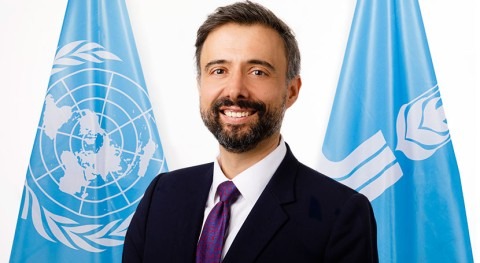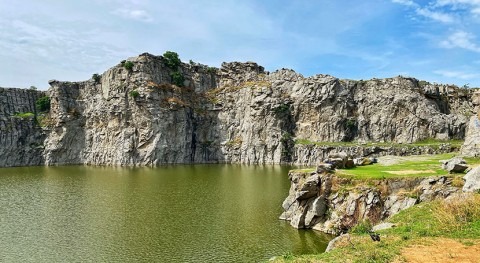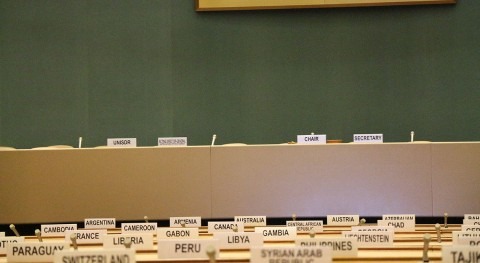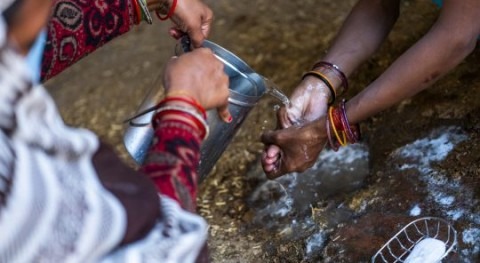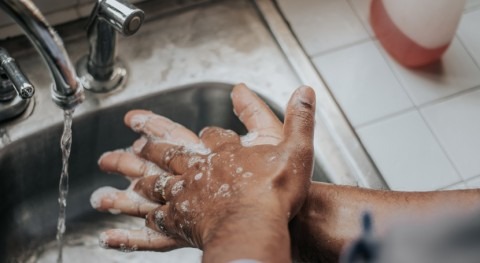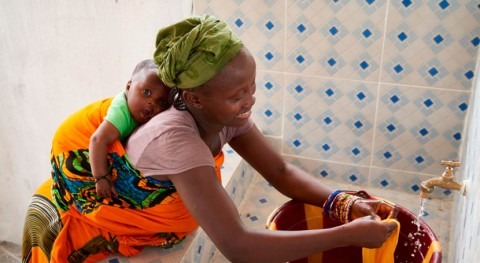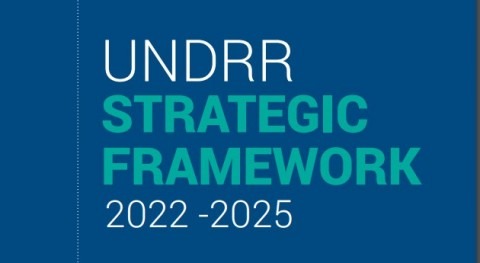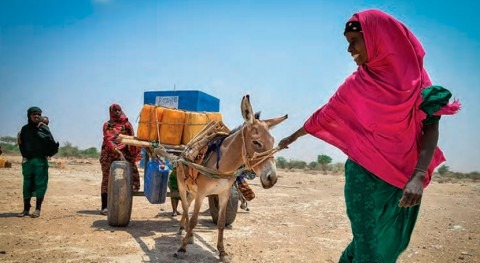The Special Rapporteur on the human rights to safe drinking water and sanitation has urged the Government of Lesotho to place water, sanitation and hygiene high on its national development agenda, and to use the human rights to water and sanitation as a framework to advance the development of the country’s Basotho people.
During a two-week visit to Lesotho, the United Nations Special Rapporteur on the human rights to safe drinking water and sanitation, Mr. Léo Heller, met representatives of both central and district Governments, international organizations and those providing international funding, community councils and members of civil society organisations. He also spoke to individuals living in rural and urban areas, visited households, schools, health clinics, prisons and a church in the districts of Mafeteng, Maseru, Mohale’s Hoek, Mokhotlong, Thaba-Tseka and Quthing.
“In Lesotho, water, sanitation and hygiene lie at the centre of the poverty cycle in which almost two out of every three Basotho live in poverty. The lack of those services both drives vulnerability and increases it, particularly for those already at risk. These include orphans, people living with HIV/AIDs, households headed by women, rural women and girls, and those living in remote areas,” said the UN human rights expert, Léo Heller.
“Using the framework of human rights as a guide would help Lesotho to identify its highest priorities in water and sanitation including key issues like those most vulnerable, equality and non-discrimination and access to information.”




